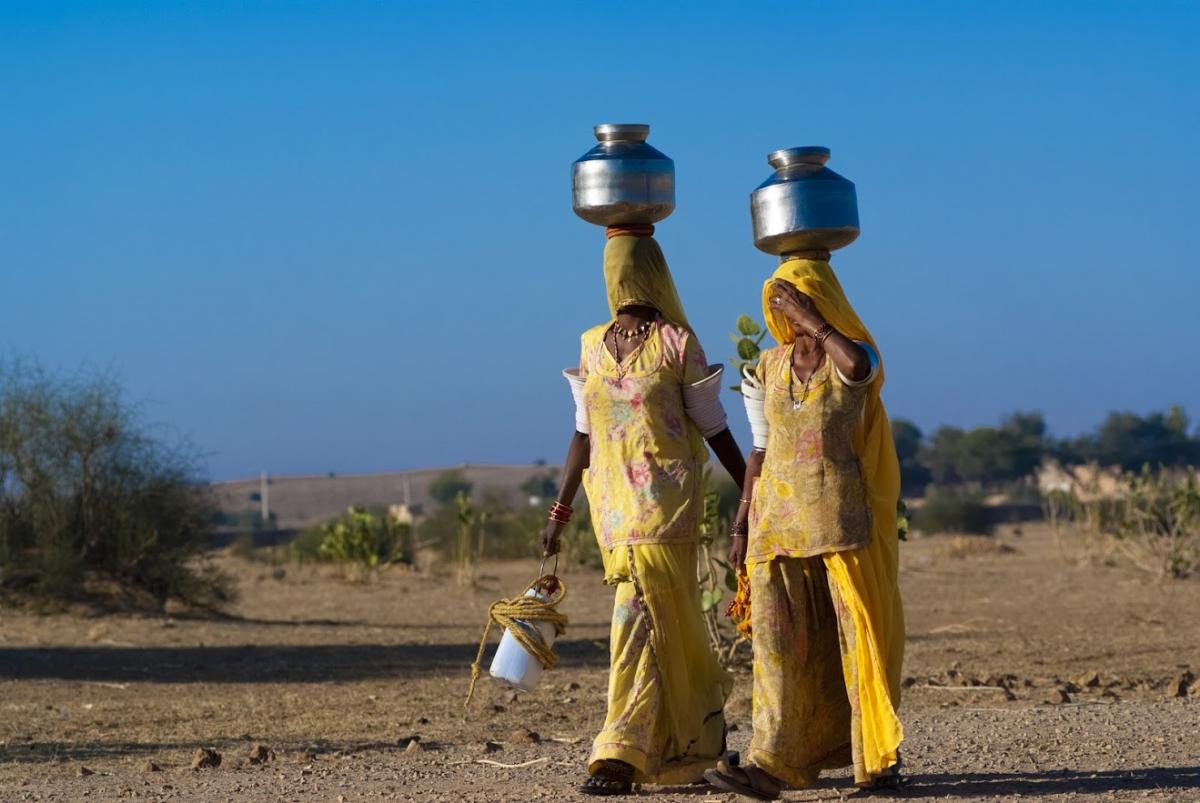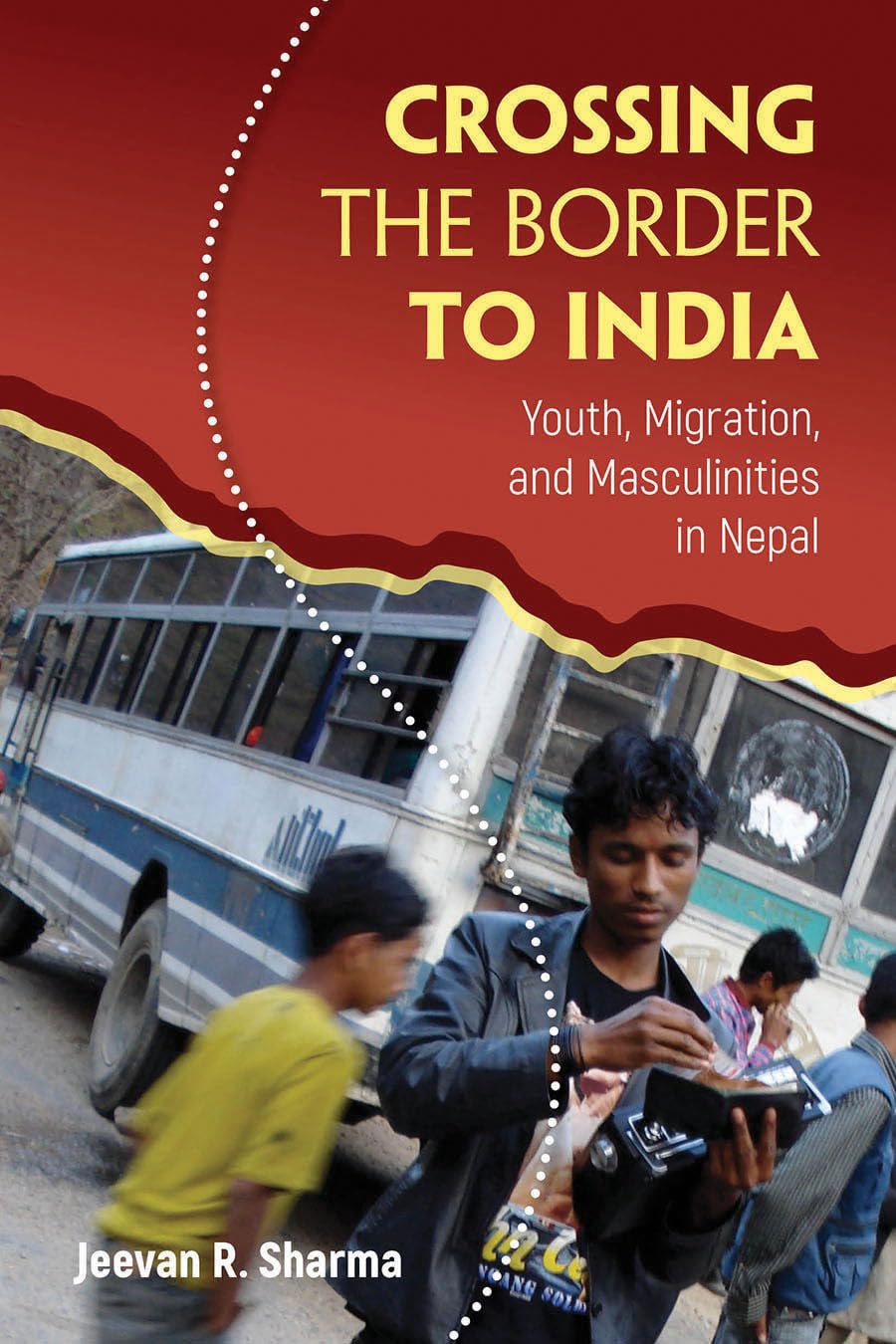Rising Temperatures Linked to Surge in Domestic Violence Against Women, Study Reveals

New Delhi — As the world grapples with deadly heatwaves attributed to the climate crisis, a new study has unveiled a distressing correlation between rising temperatures and a significant increase in domestic violence against women. Published in JAMA Psychiatry, the study underscores the urgent need to address the intersection of climate change and gender-based violence.
The research, conducted across three South Asian countries (India, Pakistan, and Nepal), examined the experiences of 194,871 girls and women aged 15-49 between 2010 and 2018. The study found that for every 1-degree Celsius rise in average annual temperature, incidents of physical and sexual domestic violence surged by more than 6.3%.
India, already grappling with high reported rates of intimate partner violence, experienced the most pronounced increase in abuse. With a 1-degree Celsius temperature rise, physical violence rose by 8%, and sexual violence increased by 7.3%.
Extreme temperatures and heatwaves have plagued countries worldwide in recent times. India reported temperatures soaring up to 45 degrees Celsius (113 degrees Fahrenheit), leading to numerous heat-related fatalities. Mediterranean Europe emerged from a record-breaking heatwave in April, while Texas faced deadly heat for weeks, with temperatures reaching up to 46 degrees Celsius. China issued warnings to residents in northern cities as temperatures surpassed 40 degrees Celsius, setting new records.
Professor Michelle Bell, an environmental health expert at Yale University and co-author of the study, noted that higher temperatures could impact the risk of violence through various physiological and sociological pathways. Extreme heat can trigger crop failures, strain infrastructure, harm economies, confine individuals indoors, and disrupt livelihoods, ultimately increasing stress within families and elevating violence rates. The study further revealed that while violence increased across all income groups due to heat, lower-income and rural households experienced the most substantial surge.
Suniti Gargi, an Indian activist who previously worked with Uttar Pradesh’s commission for women, highlighted the annual occurrence of heatwaves during the Indian summer. Gargi firmly believes that the climate crisis exacerbates these heatwaves and connects them to the escalating levels of domestic violence she has witnessed.
Gargi shared the story of a woman who described the impact of extreme heat on her family. As the heat intensified in May and June, her husband could no longer work in the fields, resulting in the loss of their sole source of income. Frustration over financial struggles and inability to provide for their children led to anger and subsequent violence. Although he regretted his actions, the cycle would repeat the following day when the economic hardships persisted.
This study, conducted by Fudan University in Shanghai, contributes to a growing body of research highlighting the link between rising temperatures and a more violent world, particularly for women. Previous studies have demonstrated that heatwaves lead to a 40% increase in the risk of intimate partner femicide and a 60% higher likelihood of experiencing intimate partner violence during severe weather events in Kenya. Global data collation has also shown a 2.3% increase in interpersonal violence and a 13.2% rise in intergroup conflicts as temperatures climb.
Beyond socioeconomic factors, the study suggests that heat can affect the human body in various ways. Extreme heat has been associated with increased stress, lowered inhibitions, heightened aggression, and exacerbation of mental illnesses. Acute heat exposure has been found to trigger elevated adrenaline production, potentially fueling aggression and impacting brain regions associated with emotion regulation. Heatwaves also worsen the effects of mental health conditions such as anxiety and post-traumatic stress disorder.
While countries typically count deaths from heat-related illnesses during heatwaves, the study emphasizes that the hidden toll of heat-related domestic violence incidents against women remains unaccounted for. Many health risks associated with climate change are well-documented, such as mortality caused by heatwaves. However, the true public health impact is likely underestimated due to insufficient understanding of the less-explored health risks, as highlighted by this study.
Shilpi Singh, director of Bhoomika Vihar, an organization providing assistance to domestic violence survivors in India’s Bihar state, emphasized that the climate crisis exacerbates existing gender inequalities. Singh explained that rural areas already experience routine incidents of domestic violence, which are further amplified during extreme weather events. Economic hardship stemming from heatwaves intensifies frustrations and exacerbates traditional power dynamics, leading to increased violence against women.
The study serves as a call to action, highlighting the pressing need to address the intertwined issues of climate change and gender-based violence. Efforts should focus on comprehensive measures to mitigate the effects of rising temperatures, promote gender equality, and provide support systems for individuals affected by domestic violence. By recognizing and addressing these intersecting challenges, society can work towards creating a safer and more equitable future for all.



















Facebook Comments